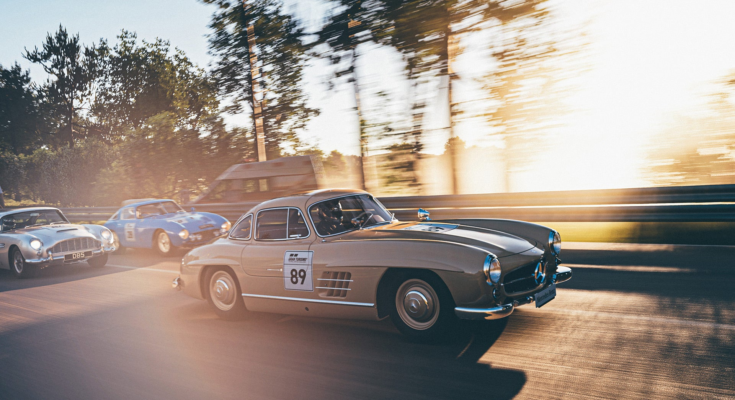This week, Gran Turismo 7 released an update patch that caused it to suffer one of the harshest falls from grace that a video game has experienced since the great Cyberpunk 2077 debacle of 2020.
The 1.07 update went live late on March 16, but the patch had an error that forced developer Polyphony Digital to shut down the game’s servers for approximately 30 hours before GT7 was completely accessible again. As you may guess, players were not happy. (However, 30 hours of downtime may seem like nothing compared to players in Russia who don’t have the game at all yet.)
The problem with that is GT7’s single-player career mode requires a constant online connection. So, if a user’s internet is down, or in this case, the GT7 servers are down, players can only access a limited selection of the brand-new game’s features that many of them paid at least $60 for. People were understandably mad.
But to make matters worse, the 1.07 update drastically reduced the payouts for some events, making it harder to earn in-game credits and thus encouraging players to spend real money on in-game currency.
The resulting backlash against the microtransactions was swift and predictable.
As the backlash grew, Gran Turismo director Kazunori “Kaz” Yamauchi wrote a blog post to apologize, explain why the servers were down so long, and talk about the adjusted payouts.
“Immediately before the release of the 1.07 update, we discovered an issue where the game would not start properly in some cases on product versions for the PS4 and PS5,” Yamauchi wrote.“This was a rare issue that was not seen during tests on the development hardware or the QA sessions prior to the release, but in order to prioritize the safety of the save data of the users, we decided to interrupt the release of the 1.07 update, and to make a 1.08 correctional update.”
Regarding the lower payouts, Kazunori stated that he wanted players to “enjoy lots of cars and races even without microtransactions.” However, he also wanted to limit repetitive gameplay and emphasize the value of GT7’s virtual cars compared to their real-life counterparts.
“The pricing of cars is an important element that conveys their value and rarity, so I do think it’s important for it to be linked with the real world prices,” Yamauchi wrote. “I want to make GT7 a game in which you can enjoy a variety of cars lots of different ways, and if possible, would like to try to avoid a situation where a player must mechanically keep replaying certain events over and over again.”
What Yamauchi is likely referring to is the practice of “grinding.” Grinding is a technique used by players in which they will single out which race events pay the highest amount of in-game currency that take the shortest time to complete. They will then run that race repeatedly to earn a large number of credits in a relatively short period. Due to the high prices of the cars in GT7, players were constantly looking for the best races to grind and earn in-game money quickly. The payment adjustments from the recent update seem to specifically target those players by reducing payouts for the shorter events.
Before GT7’s public release, the game was showered with stellar reviews from major and independent gaming outlets. The Drive’s own GT7 review summed the game up as “an expansive, gorgeous, and nostalgic love letter to GT fans 25 years in the making, but one that might come off as dated and laborious compared to modern competitors.”
However, GT7’s microtransactions didn’t go live until after its public release, so critics did not experience them during the review period. I can’t say for sure how that would have affected review scores, but I can guess that they would likely have been much lower if those critics knew how the microtransactions would work.
The extended outage and squeezing players to utilize microtransactions have resulted in some players writing off Gran Turismo 7 as “fundamentally broken.”
Additionally, users have taken matters into their own hands by “review-bombing” GT7. At the time of this writing, the game has a user score of just 2.2 out of 10 on Metacritic.
GT7’s release marks the series’ 25th anniversary. Yet, just one update may have wrecked that celebration.
Based in Long Beach, California, Andrew Beckford’s been lucky enough to grow up surrounded by California car culture. He’s covered car shows, feature cars, racing games, and motorsports for Super Street, MotorBiscuit, and MotorworldHype.
Got a tip? Email [email protected].



